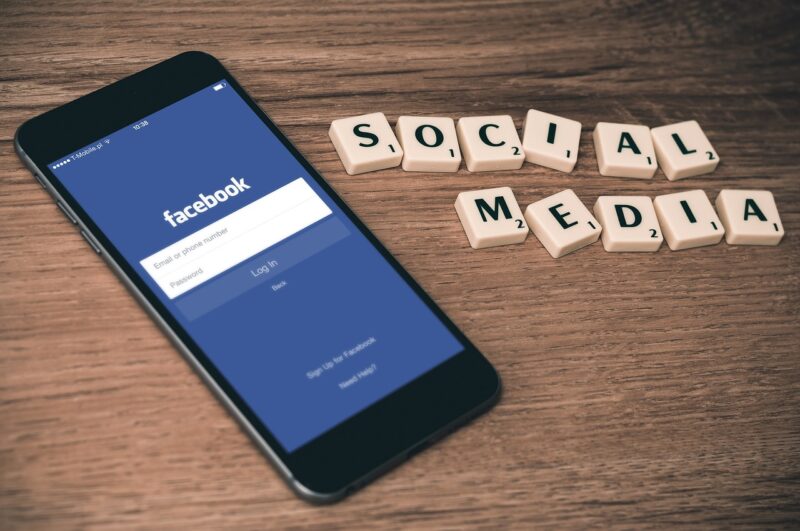The Impact of Social Media on Mental Health: What the Experts Are Saying
November 14, 2024

Social media has irrevocably changed the way people communicate, socialize, and perceive the world around them. Platforms like Facebook, Twitter, Instagram, and TikTok have become integral parts of daily life, especially among younger generations. While these platforms foster connection and community, an increasing body of research suggests a complex relationship between social media use and mental health outcomes. In this article, we delve into the findings from experts, highlighting both the positive and negative impacts of social media on mental health.
1. The Rise of Social Media: A Double-Edged Sword
Since its inception, social media has witnessed explosive growth, with billions of users joining various platforms. For many, social media serves as a means of staying in touch with friends and family, sharing experiences, and expressing creativity. However, as Dr. Jean Twenge, a professor of psychology, notes, the rise of social media coincides with increased rates of depression and anxiety, especially among teenagers.
Research shows that while social media offers valuable support networks, it can also perpetuate feelings of inadequacy and isolation. The curated lives displayed online often lead users to compare themselves to others, creating unrealistic standards for happiness and success. This paradox of connection and isolation raises important questions about the psychological effects of social media usage.
2. Positive Effects of Social Media on Mental Health
Despite the concerns surrounding social media, experts point to its potential benefits for mental health. Here are some of the positive aspects:
- Connection and Support Networks: Social media allows individuals to connect with others who share similar interests or experiences, fostering a sense of belonging. Support groups for mental health, chronic illnesses, and various life challenges thrive on social media platforms, providing invaluable resources and community support for those who might otherwise feel isolated.
- Access to Resources and Information: Users can find mental health resources, articles, and coping strategies through social media. Many mental health organizations maintain a presence on these platforms, sharing information and empowering individuals to seek help.
- Encouragement for Self-Expression: Social media can serve as an outlet for artistic expression and creativity, helping individuals channel emotions positively. Platforms like Instagram and TikTok promote creativity, allowing users to showcase their talents and ideas, which can boost self-esteem and foster community.
3. Negative Effects of Social Media on Mental Health
While there are benefits, several studies have highlighted the negative aspects of social media use, including:
- Comparison and Envy: The carefully curated images and posts of others often lead to feelings of inadequacy. A study published in the journal *Cyberpsychology, Behavior, and Social Networking* found that increased use of platforms like Instagram was associated with body image issues, particularly among young women.
- Cyberbullying and Online Harassment: The anonymity provided by social media can lead to cyberbullying, significantly impacting mental health. Victims of online harassment may experience anxiety, depression, and feelings of helplessness. According to a report by the Pew Research Center, nearly 40% of teens have experienced online harassment in some form.
- Addiction and Overuse: The addictive nature of social media can disrupt daily routines, hinder face-to-face interactions, and contribute to feelings of loneliness and anxiety. An environment where users feel compelled to constantly check updates can foster dependency and exacerbate mental health issues.
4. Expert Opinions on Managing Social Media Use
Many experts agree that moderation and mindfulness are key in navigating social media’s impact on mental health. Dr. Sherry Turkle, a sociologist and psychologist, emphasizes the importance of fostering real-life connections while using social media as a supplemental tool. Here are some actionable tips based on expert advice:
- Set Boundaries: Designate specific times for social media use to avoid mindless scrolling. This will help maintain a healthier balance between online and offline interactions.
- Curate Your Feed: Follow accounts that inspire, uplift, and provide value while unfollowing those that evoke feelings of inadequacy or negativity.
- Engage Mindfully: Approach social media with intention. Take breaks and engage in activities that promote mental well-being, such as exercise, reading, or spending time with loved ones.
5. Conclusion: Finding the Balance
The relationship between social media and mental health is nuanced and multifaceted. While platforms provide opportunities for connection, they also pose challenges that can adversely affect mental well-being. By understanding these dynamics, individuals can take proactive steps to manage their social media use healthily. Moreover, fostering awareness around the potential impacts of social media is essential in advocating for mental health, particularly among vulnerable populations such as adolescents.
As we navigate this digital age, finding the right balance will be key to leveraging the positive aspects of social media while minimizing its risks. One thing is clear: informed and mindful engagement can transform social media from a potential threat into a helpful tool for mental health support and community building.
For those grappling with mental health challenges exacerbated by social media use, seeking guidance from a mental health professional can be a critical step in fostering resilience and navigating the complexities of the digital world.






